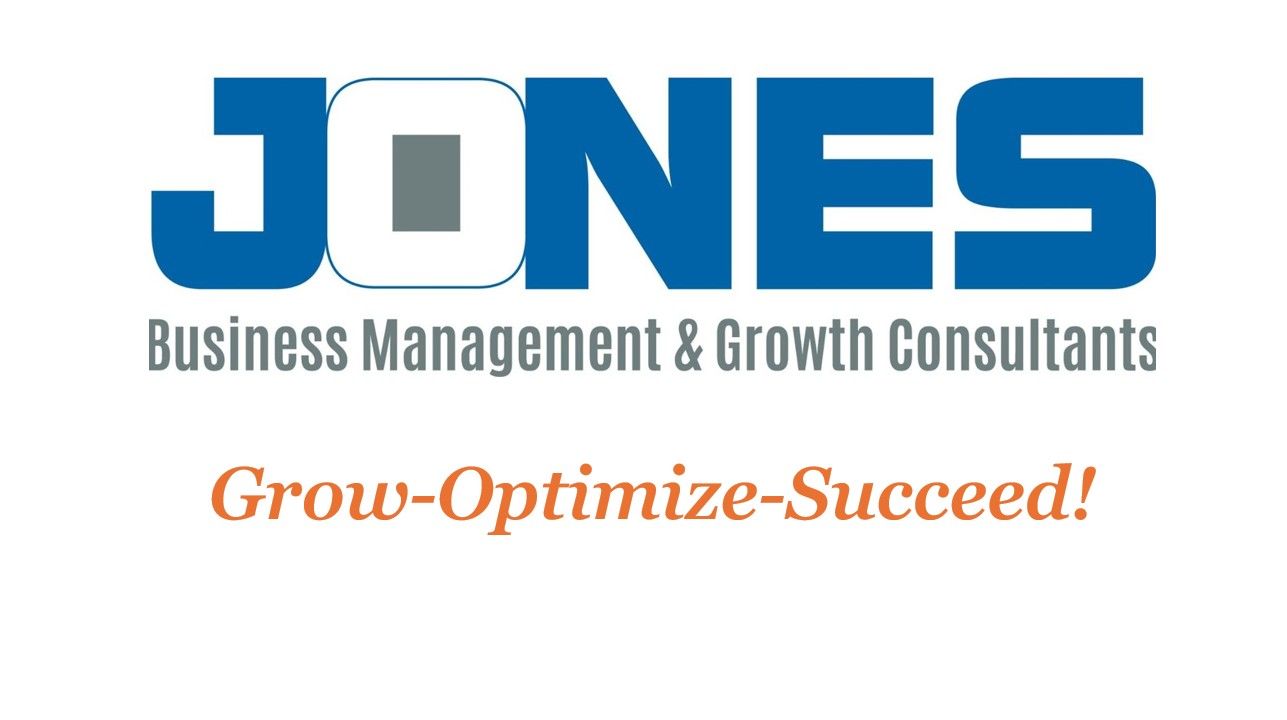The Role of Leadership in Maintaining Accountability: Nurturing Responsibility and Trust as Your Organization Grows
How leaders can foster responsibility and trust to maintain accountability as their organization scales.

In our previous blog, we explored how fostering an Accountability-Driven Culture is critical to preventing organizational failures. But culture doesn’t sustain itself—leadership plays a pivotal role in maintaining and nurturing that accountability over time. As organizations grow, the role of leadership becomes even more important, requiring a conscious and consistent effort to uphold the values of responsibility and transparency.
In this post, we’ll explore how leaders can actively cultivate a culture of accountability and responsibility, ensuring it thrives as the organization evolves.
Why Accountability Starts and Ends with Leadership
Accountability is often a reflection of the organization’s leadership. If leaders set clear expectations, model accountability, and hold others responsible in a fair and constructive way, this approach will naturally filter down to the rest of the organization. However, when leaders fail to hold themselves or others accountable, it sets a precedent for a culture where mistakes go unchecked, communication breaks down, and trust erodes.
Here’s why leadership is so crucial in maintaining accountability:
- Modeling Behavior: Leaders set the standard for what is acceptable within the organization. If leaders are transparent, own their mistakes, and take responsibility for their decisions, employees are more likely to follow suit.
- Establishing Clear Expectations: Leaders are responsible for ensuring that every employee knows what is expected of them. Clear goals, measurable outcomes, and transparent communication ensure that accountability can be tracked and measured.
- Fostering Trust and Openness: A culture of accountability is only possible when employees feel trusted and supported. Leaders must create an environment where people can be honest without fear of blame or retaliation.
How Leaders Can Maintain Accountability as the Organization Grows
As businesses grow, maintaining a culture of accountability becomes more challenging. New layers of management, larger teams, and evolving goals can dilute the clear lines of responsibility and weaken communication. To sustain accountability, leaders must proactively implement strategies that keep the organization aligned.
1. Lead with Accountability
Leaders must model accountability in everything they do. This means being open about the reasons behind decisions, owning the results—whether good or bad—and admitting when they make mistakes. When leaders show that they are human and can take responsibility for missteps, they set a powerful example for the entire organization.
- Action: Be transparent in your decision-making. If a project fails, openly discuss the reasons and what can be learned from it. Avoid blame and focus on collective improvement.
2. Build Strong Lines of Communication
As organizations scale, communication silos can develop, where information fails to flow between departments or up and down the hierarchy. This weakens accountability because teams may not understand how their work impacts other parts of the business. Leaders must work to eliminate these silos and promote open lines of communication.
- Action: Create regular opportunities for cross-departmental discussions, open forums, or leadership Q&A sessions. Encourage managers and teams to share updates, challenges, and successes transparently.
3. Clarify Roles and Responsibilities
Growth can blur the lines of responsibility, making it harder for employees to know exactly what is expected of them. Leaders should continuously revisit and clarify roles, ensuring that everyone understands their contributions to the organization’s overall goals.
- Action: Implement clear job descriptions, measurable KPIs, and regular performance reviews to ensure each team member understands their role and accountability.
4. Create a Culture of Continuous Feedback
Feedback is a cornerstone of accountability. Leaders should encourage a culture where feedback—both positive and constructive—is regularly exchanged. Feedback shouldn’t just happen during annual reviews but should be part of the ongoing dialogue between managers and teams.
- Action: Encourage managers to hold regular 1:1 meetings with their teams, offering constructive feedback while also listening to employees' concerns and suggestions.
5. Empower Managers as Accountability Champions
As organizations grow, it’s impossible for top leadership to directly oversee every team and decision. That’s why middle managers play a key role in sustaining accountability. Leaders must empower managers to act as “accountability champions” who hold their teams to high standards and ensure that the company’s values are upheld.
- Action: Provide leadership training for managers to help them develop skills in communication, conflict resolution, and accountability. Equip them to lead their teams with a balance of trust and responsibility.
6. Hold Leaders Accountable
Accountability doesn’t just apply to front-line employees—leaders must hold themselves and each other accountable as well. When leaders fail to meet expectations or mismanage their responsibilities, the impact can be felt throughout the organization.
- Action: Create systems where leadership accountability is regularly reviewed. This could involve 360-degree feedback from peers and employees or external assessments to ensure that even top leaders are held to the same standards of responsibility.
7. Celebrate Accountability
Recognizing and rewarding accountability is a powerful way to reinforce its importance. Leaders should celebrate employees and teams that go above and beyond to own their work, take responsibility, and drive results. This reinforces the idea that accountability is not just about fixing mistakes but about continuously improving and achieving success.
- Action: Implement a recognition program that highlights individuals and teams who demonstrate high levels of accountability. Whether through public acknowledgment, bonuses, or other rewards, celebrating accountability sends a message that it is a core value.
The Long-Term Impact of Leadership Accountability
When leaders actively foster an Accountability-Driven Culture, the long-term benefits are immense. Here’s how it impacts the organization:
- Improved Performance: Teams that are accountable perform better because they understand their goals and feel empowered to achieve them. Mistakes are caught early, feedback is acted upon, and solutions are quickly found.
- Higher Employee Engagement: Employees in accountable cultures feel valued and supported. They know their contributions matter, and this leads to higher engagement, lower turnover, and stronger morale.
- Stronger Trust: Accountability fosters trust across all levels of the organization. Employees trust that leaders will support them, and leaders trust that their teams will take ownership of their work. This mutual trust strengthens collaboration and communication.
- Sustainable Growth: As the organization scales, accountability ensures that growth happens with a clear sense of purpose and direction. Teams stay aligned, roles remain clear, and responsibility is shared, leading to sustainable success.
Conclusion: Leadership as the Cornerstone of Accountability
Accountability starts with leadership. As your organization grows, the role of leadership in sustaining an Accountability-Driven Culture becomes even more vital. By modeling accountability, fostering open communication, clarifying roles, and empowering managers, leaders can nurture a culture where responsibility and trust thrive. In doing so, they set their organization on a path toward long-term success, where failures are learned from and successes are celebrated.
In the next blog, we’ll explore how to handle accountability when things go wrong—discussing practical strategies for turning failures into learning opportunities and ensuring your organization comes out stronger on the other side.
#LeadershipLessons
#BusinessGrowth
#ProcessImprovement
#CascadingFailures
#AccountabilityMatters
#OrganizationalSuccess
#BusinessStrategy
#FailurePrevention
#TeamworkAndAccountability
#ContinuousImprovement
















